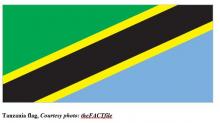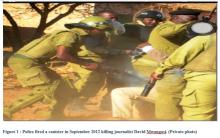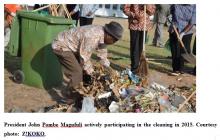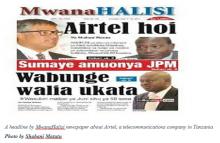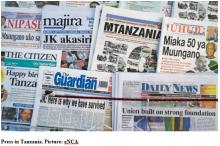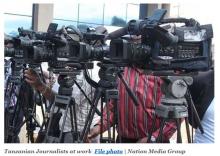HISTORY OF TANZANIA AND PRESS FREEDOM
 Submitted by jbimokola on
Submitted by jbimokola on
Tanzania, officially the United Republic of Tanzania derives from the country's two states, Zanzibar and Tanganyika. Tanganyika was a Germany territory in the 1880s to 1919 when it was handed over to Britain by the League of Nations during World War II in 1947 up to when it got her independence in 1961.
- Read more about HISTORY OF TANZANIA AND PRESS FREEDOM
- Log in to post comments
- 808 reads

